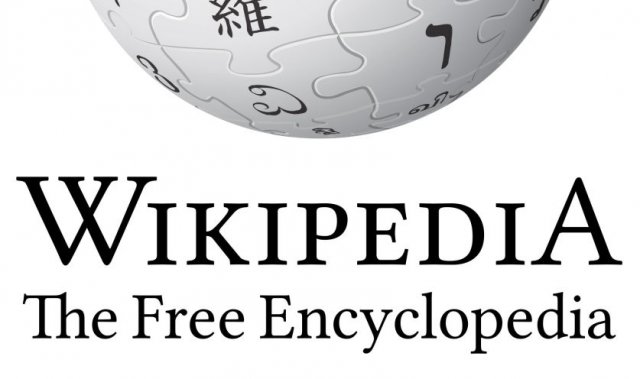
Scientific publisher Elsevier has donated 45 free ScienceDirect accounts to "top Wikipedia editors" to aid them in their work. Michael Eisen, one of the founders of the open access movement, which seeks to make research publications freely available online, tweeted that he was "shocked to see @wikipedia working hand-in-hand with Elsevier to populate encylopedia w/links people cannot access," and dubbed it "WikiGate." Over the last few days, a row has broken out between Eisen and other academics over whether a free and open service such as Wikipedia should be partnering with a closed, non-free company such as Elsevier.
Eisen's fear is that the free accounts to ScienceDirect will encourage Wikipedia editors to add references to articles that are behind Elsevier's paywall. When members of the public seek to follow such links, they will be unable to see the article in question unless they have a suitable subscription to Elsevier's journals, or they make a one-time payment, usually tens of pounds for limited access.
Eisen went on to tweet: "@Wikipedia is providing free advertising for Elsevier and getting nothing in return," and that, rather than making it easy to access materials behind paywalls, "it SHOULD be difficult for @wikipedia editors to use #paywalled sources as, in long run, it will encourage openness." He called on Wikipedia's co-founder, Jimmy Wales, to "reconsider accommodating Elsevier's cynical use of @Wikipedia to advertise paywalled journals." His own suggestion was that Wikipedia should provide citations, but not active links to paywalled articles.
Eisen is not alone in considering the Elsevier donation a poisoned chalice. Peter Murray-Rust is Reader Emeritus in Molecular Informatics at the University Of Cambridge, and another leading campaigner for open access. In an email to Ars, he called the free Elsevier accounts "crumbs from the rich man's table. It encourages a priesthood. Only the best editors can have this. It's patronising, ineffectual. And I wouldn't go near it."
This isn't the first time that Wikipedia has worked closely with a publisher in this way. The Wikipedia Library "helps editors access reliable sources to improve Wikipedia." It says that it supports "the broader move towards open access," but it also arranges Access Partnerships with publishers: "You would provide a set number of qualified and prolific Wikipedia editors free access to your resources for typically 1 year." As Wikipedia Library writes: "We also love to collaborate on social media, press releases, and blog posts highlighting our partnerships."
It is that cosy relationship with publishers and their paywalled articles that Eisen is concerned about, especially the latest one with Elsevier, whom he described in a tweet as "#openaccess's biggest enemy." Eisen wrote: "it is a corruption of @Wikipedia's principles to get in bed with Elsevier, and it will ultimately corrupt @Wikipedia." But in a reply to Wikipedia Library on Twitter, Eisen also emphasised: "don't get me wrong, i love @wikipedia and i totally understand everything you are doing."
Similarly, Murray-Rust is a big fan of the project: "I completely believe in Wikimedia. I have described Wikidata with the potential to be the first generic stop for scientific information." Wikimedia is the umbrella organisation for Wikipedia and related chapters, and the less well-known, but fast-growing Wikidata is "a free, collaborative, multilingual, secondary database, collecting structured data to provide support for Wikipedia, Wikimedia Commons, the other Wikimedia projects."
Murray-Rust was one of the keynote speakers at the recent Wikipedia Science Conference, held in London, which was "prompted by the growing interest in Wikipedia, Wikidata, Commons, and other Wikimedia projects as platforms for opening up the scientific process." The central question raised by WikiGate is whether the Wikipedia Library project's arrangements with publishers like Elsevier that might encourage Wikipedia editors to include more links to paywalled articles really help to bring that about.
Wikimedian Martin Poulter, who is the organiser of the Wikipedia Science Conference, has no doubts. In an email, he told Ars: "Personally, I think the Wikipedia Library project (which gives Wikipedia editors free access to pay-walled or restricted resources like Science Direct) is wonderful. As a university staff member, I don't use it myself, but I'm glad Wikipedians outside the ivory towers get to use academic sources. Wikipedia aims to be an open-access summary of reliable knowledge—not a summary of open-access knowledge. The best scholarly sources are often not open-access: Wikipedia has to operate in this real world, not the world we ideally want."
Jake Orlowitz, who runs the Wikipedia Library programme at the Wikimedia Foundation, offers his view in the comments below.
Listing image by Wikimedia Foundation
reader comments
142